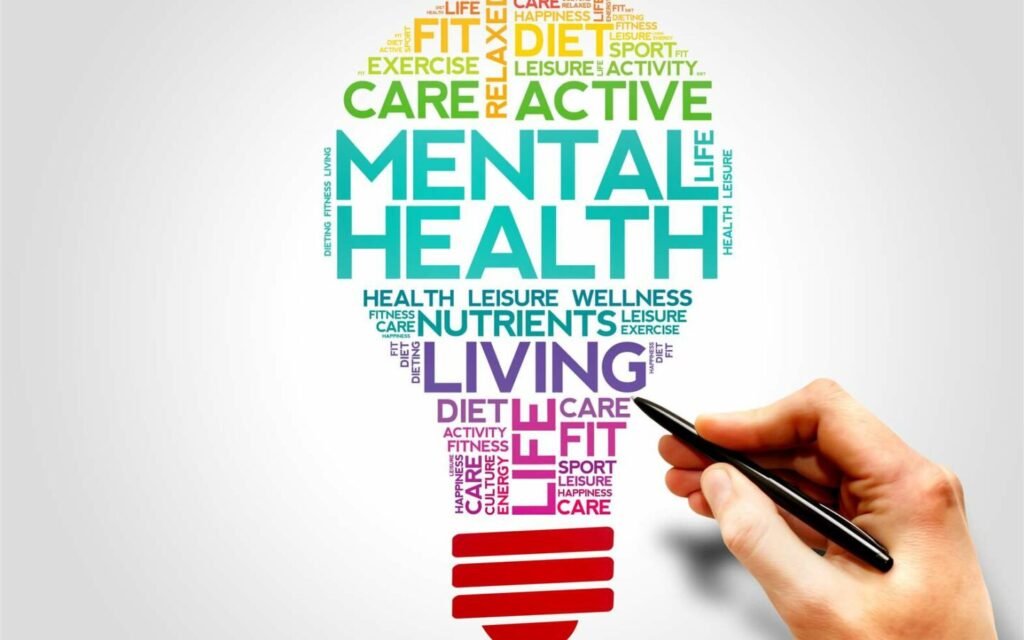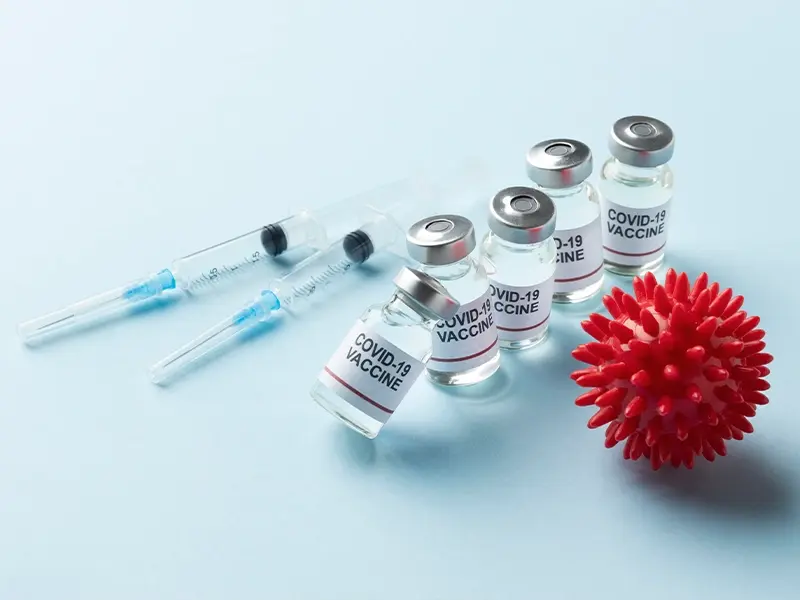Detox Diets and Cleanliness: Are They More About Publicity than Your Health?
Here are the key points summarizing the main aspects of the article:
-
Popularity of Detox Methods: Wellness trends promoting detox and cleansing practices have gained popularity, often touted for increasing energy and enhancing health.
-
Lack of Scientific Support: Major health organizations indicate that there is no scientific backing for the health benefits claimed by detox and cleanse diets.
-
Internal Detoxification: The body has its own natural detoxification systems, primarily through organs like the liver and kidneys, which effectively filter and eliminate waste.
-
Potential Risks: Engaging in detox diets without guidance can pose health risks, especially with certain products that may be unsafe or harmful.
-
Misleading Weight Loss Claims: Weight lost during detox programs typically involves water loss rather than fat, leading to temporary results.
-
Possible Health Complications: Detox practices can lead to imbalances in vitamins and minerals, stressing the body and potentially causing health problems.
-
At-Risk Populations: Vulnerable groups, including older adults and those with chronic conditions, are especially at risk for negative effects from detox diets.
-
Balanced Diet Recommendation: The most effective approach for health involves maintaining a balanced diet rich in whole foods, hydration, and regular physical activity.
-
Focus on Overall Well-Being: Emphasis should be placed on long-term lifestyle changes rather than short-term detox programs for improving health.
- Trust Your Body: The body is designed to detoxify itself effectively; external detox products are often unnecessary.
The Myths of Detoxing and Cleansing: Understanding True Wellness
In recent years, detox diets and cleansing routines have gained immense popularity, with many claiming they boost energy levels, enhance health, and rid the body of unwanted "toxins." You may have heard friends or influencers rave about juice cleanses or detox strategies that promise clear skin and a refreshed body. However, these practices often fall more into the realm of myths than miraculous solutions.
What Are Detox and Cleansing Diets?
Detox and cleansing diets typically consist of short-term programs designed to eliminate so-called toxins from the body. These programs may involve fasting, consuming only juices or smoothies, taking specific supplements, or drinking herbal detox teas. Ranging from a few days to a week, these diets are often marketed as ways to support liver health, rejuvenate the digestive system, promote weight loss, or improve overall well-being. However, it’s crucial to note that scientific evidence supporting these claims is lacking.
The Body’s Natural Detoxification Process
The human body is equipped with an innate detoxification system that effectively purges toxins without the need for restrictive diets or supplements. Key organs—including the liver, kidneys, lungs, and skin—play vital roles in processing and eliminating waste. Through natural functions such as breathing, sweating, urination, and defecation, our bodies engage in a continuous cycle of self-cleansing. This means that while detox diets may seem appealing, they are generally unnecessary, as our bodies are perfectly capable of performing this task on their own.
Risks Associated with Detox Diets
Not only are detox diets often ineffective, but they can also pose significant health risks. Many detox products are unregulated and may contain harmful ingredients. For instance, juices made from high-oxalate vegetables like spinach and beets can lead to kidney problems, and improperly prepared juice blends can introduce dangerous bacteria, resulting in infections. Furthermore, detox supplements and teas may interact negatively with medications or exacerbate existing health conditions.
Certain populations, including older adults, pregnant or nursing women, and those with chronic health issues, are particularly vulnerable to the adverse effects of these diets. The restrictive nature of detox programs can lead to nutritional imbalances, stressing the kidneys and other organs, and may even increase the risk of developing disordered eating behaviors.
Weight Loss Realities
A common belief associated with detox diets is that they promote substantial weight loss. However, most of the weight shed during a detox is primarily water, not fat. Such results are typically short-lived and can quickly reverse once normal eating patterns resume. If you’re focused on improving your health and supporting your body effectively, a more reliable approach is to adopt a balanced diet that emphasizes:
- Fruits and Vegetables: High in essential vitamins and minerals.
- Whole Grains: Provides sustained energy and fiber.
- Lean Proteins: Supports muscle health and satiety.
- Healthy Fats: Beneficial for heart health and overall well-being.
- Fermented Foods: Aid in gut health and digestion.
Additionally, prioritizing hydration, regular exercise, adequate sleep, and the avoidance of smoking and excessive alcohol consumption can significantly contribute to long-term health.
Conclusion
The allure of detox diets and cleanses may be tempting, but when analyzed critically, their effects often fall short of expectations and can lead to health complications instead. Instead of succumbing to trendy detox fads, trust in your body’s natural abilities to detoxify itself. By focusing on a balanced lifestyle filled with wholesome foods and healthy habits, you can achieve and maintain well-being and vitality without the risks associated with detoxing practices.
In summary, the key to true health lies not in temporary fixes but in sustainable, mindful choices that respect and support your body’s natural processes. Embrace a holistic approach to wellness, recognizing that real success comes from nurturing your body consistently rather than seeking quick, unproven solutions.



